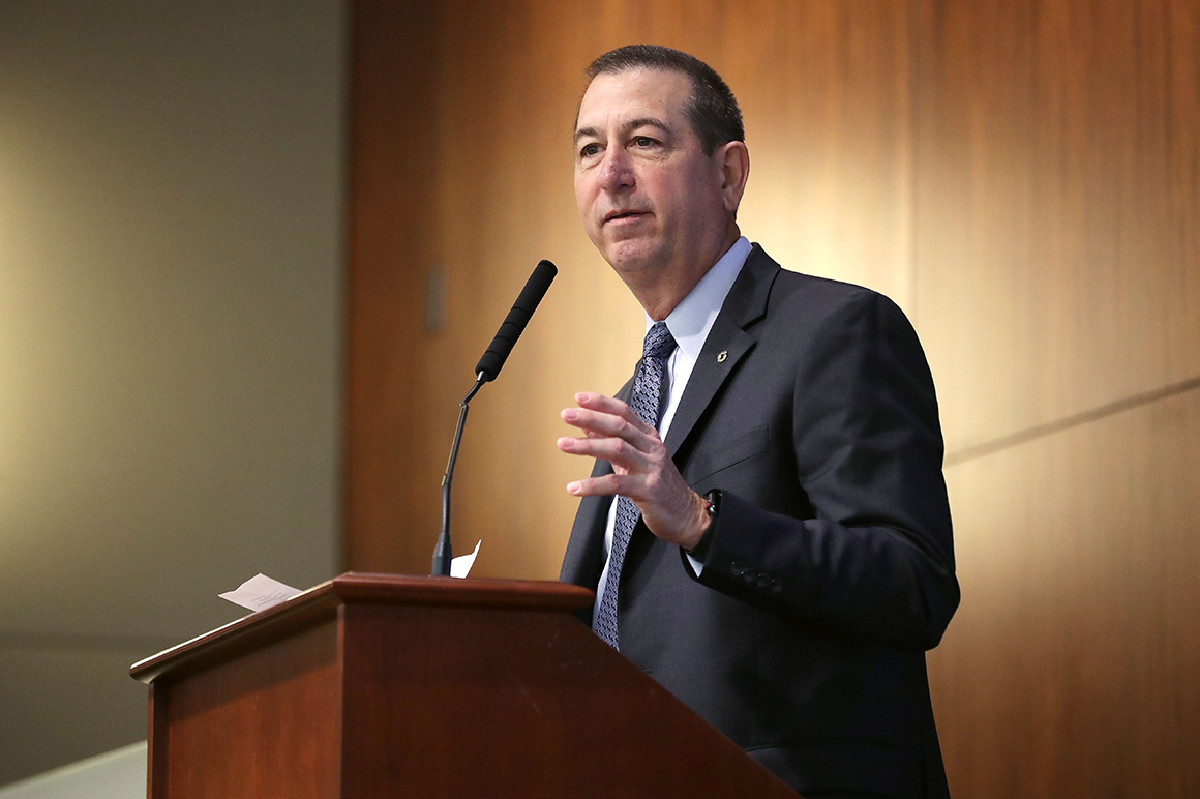Today’s News

Source: Politico
The number of struggling banks in the United States has witnessed an 18% increase, caution regulators, as New York Community Bank (NYCB) successfully stabilized through a USD 1 billion capital raise led by former U.S. Treasury Secretary Steven Mnuchin. A year after the upheaval caused by the Silicon Valley Bank’s failure, NYCB’s recent challenges highlight the ongoing vulnerability in some U.S. financial institutions.
The Federal Deposit Insurance Corporation (FDIC) reported a notable uptick, with eight additional weak U.S. banks, bringing the total to 52 in the final quarter of 2023—the most significant surge since the Silicon Valley Bank’s collapse. The FDIC expressed concern about the escalation in delinquencies within credit card and commercial real estate loans, reaching levels not seen in almost a decade.
FDIC Chair Martin Gruenberg pointed to persistent economic and geopolitical uncertainties, inflationary pressures, market interest rate volatility, and emerging risks in certain bank commercial real estate portfolios, posing substantial downside risks to the banking industry.
NYCB, a mid-sized U.S. lender with assets exceeding USD 100 billion, faced setbacks in its real estate loan portfolio following substantial growth over the past 18 months through rapid acquisitions of rival banks. Although not initially on the FDIC’s list, NYCB experienced share price increases after its new management team announced plans to diversify away from loans to apartment buildings—often subject to New York’s stringent rent control laws.
Former regulator Joseph Otting, now NYCB’s chief executive, emphasized the goal of diversification to ensure the bank’s prosperity through economic fluctuations, albeit without providing specific details, noting the transition could extend over years. Investors, including Mnuchin, stand to make substantial profits if share gains persist after the capital raise announcement, despite concerns about the dilution of shares for other investors.
The capital injection at USD 2 per share, described by analysts at Wedbush as “tremendously dilutive,” played a crucial role in stabilizing the bank and boosting its stock price. The injection involved co-investment from Hudson Bay Capital, Reverence Capital Partners, and Citadel, with the deal set to conclude on Monday.
Bank of America analysts suggested that the capital raise and new leadership should offer a respite to the bank, alleviating investor concerns about NYCB’s ability to navigate the current crisis. While the FDIC refrains from disclosing individual banks on the problem list, the data indicates that these banks are predominantly small or mid-sized, representing approximately 0.2% of the overall banking sector’s total assets, amounting to USD 66 billion at the close of last year.
Other News
Nationwide to Acquire Virgin Money For GBP 2.9B
Nationwide Building Society’s GBP 2.9 billion (USD 3.71 bn) acquisition of Virgin Money sets the stage for increased competition in the U.K. banking sector, marking a pivotal move in CEO Debbie Crosbie’s strategy to diversify and challenge industry leaders.
White House Initiates Plan To Cut Home Closing Costs
The White House introduces a program to cut closing costs by waiving title insurance on certain mortgages through Fannie Mae, provoking industry resistance. The initiative aligns with broader efforts to ease barriers to homeownership, revealed ahead of President Biden’s State of the Union address.
Rivian Pauses Georgia Factory Plans Amidst EV Sales Dip
Electric vehicle maker Rivian delays Georgia factory construction, citing slowed EV sales and aiming to save about USD 2.25 billion. The company introduces two new models, with the R2’s production shifting to Illinois for earlier deliveries and a reduced starting price of USD 45,000.



